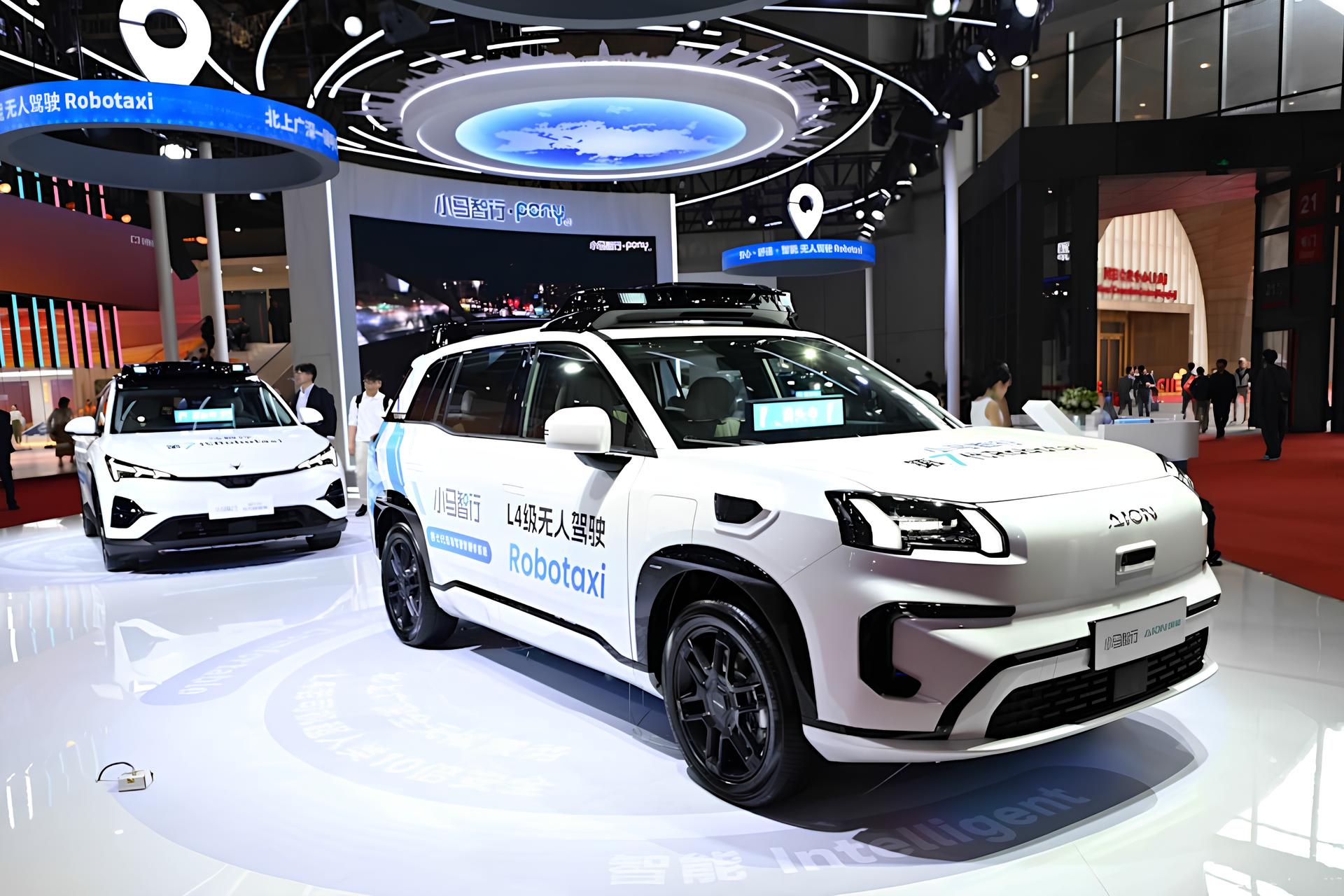Uber IPO


Shares of Pony AI, the Chinese autonomous vehicle company, jumped in premarket trading on Tuesday after reporting impressive first-quarter sales, driven primarily by significant growth in its robotaxi services. The company’s recent surge highlights its expanding footprint in the autonomous driving space and growing commercial traction.
Pony AI’s first-quarter revenue rose 11.6% year-over-year, reaching $13.98 million compared to $12.52 million during the same period last year. Notably, the company’s loss per share improved, narrowing to $0.12 from $0.23 in Q1 2024. However, Pony AI’s net loss more than doubled to $42.99 million from $20.60 million a year ago, which the company attributed in part to ramping up mass production of its seventh-generation autonomous vehicles.
A major catalyst behind Pony AI’s recent momentum is its newly formed partnership with Uber Technologies. Earlier this month, Pony AI struck a deal to integrate its robotaxi fleet onto Uber’s ride-hailing platform in the U.S., marking a significant step towards expanding its commercial presence internationally.
CEO James Peng emphasized that 2025 is a pivotal year for scaling operations. He highlighted the company’s “strong growth momentum” fueled by a 200% year-over-year increase in robotaxi service revenue, with fare-charging revenues growing nearly eightfold. This growth reflects Pony AI’s successful efforts to commercialize autonomous vehicle technology and generate meaningful revenue streams.
Founded in 2016, Pony AI went public on the Nasdaq in November 2024, pricing its initial shares at $13. Since then, the stock has gained significant investor interest, rising 18% so far this year. As of Monday’s close, shares stood at $16.91, and the recent premarket jump reflects strong optimism about the company’s future prospects.
With its innovative technology and growing partnerships, Pony AI is positioning itself as a key player in the autonomous vehicle industry. As it scales production and expands into new markets, the company’s performance will be closely watched by investors eager to see how autonomous mobility evolves in the coming years.